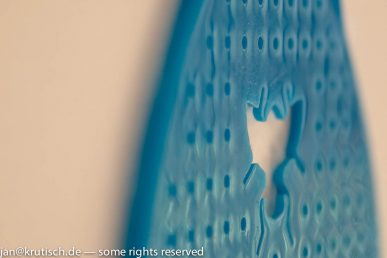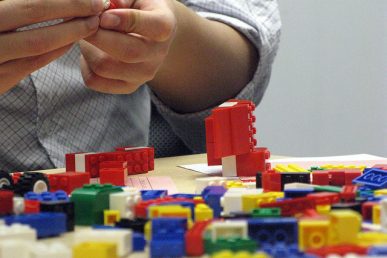Hackathons featuring OpenStack, Kubernetes and Ceph are fast-tracking open-source growth in China. Starting in 2015 with the goal of bridging the familiarity gap with open source, what started as a bug smash has since developed into a twice-yearly skill sharing event sponsored by companies like Huawei, Tencent, Intel and others.
In a post on Medium, organizers Fred Li, principal engineer at Huawei Technologies, Ruan He, chief architect of TStack Cloud and OpenStack Board Director at Tencent and Jianfeng “JF” Ding, software engineering manager at Intel sum up the achievements and what’s next for these popular events.
“Today, the open source world is evolving,” they say. “OpenStack is expanding to support open infrastructure and emerging use cases, like artificial intelligence and machine learning, are driving the need for us to collaborate across many different projects and communities. Similarly, a focus on customer needs requires a focus on the full stack for use cases like machine learning.”
Hats off to @uoduckswtd for her stellar interview with the @OpenStack China hackathon hosts. Great learnings from the past and aspirations for the future. #Huawei #Tencent #OpenInfrSummit https://t.co/EXm8gvN0LK#IAmIntel
— Kari Fredheim (@KLFredheim) April 4, 2019
And it’s not just about teaching newbies how to submit patches or get up to speed on upstream, either. Take the example of edge computing.
“Some people are knowledgeable about devices and interfaces to extract data from the cloud, but lack expertise about cloud or edge cloud. Likewise, other people understand cloud or edge cloud, but lack device knowledge,” organizers write. “If we invite them to sit together, to learn from each other as a trial, or pilot, maybe we can help bridge this knowledge and solve some of the issues through an exchange of ideas. ‘I know device. You know cloud. But we don’t know each other so much. How about we sit together and share what we know.’ We can help create spaces and opportunities to connect different communities — the OpenStack, Kata Containers, StarlingX, Kubernetes and Ceph communities, among others — and for folks from these different communities, and different companies, to get to know each other, learn from each other and collaborate on open-source projects.”
Read the full story over on Medium.
- Demystifying Confidential Containers with a Live Kata Containers Demo - July 13, 2023
- OpenInfra Summit Vancouver Recap: 50 things You Need to Know - June 16, 2023
- Congratulations to the 2023 Superuser Awards Winner: Bloomberg - June 13, 2023

)










